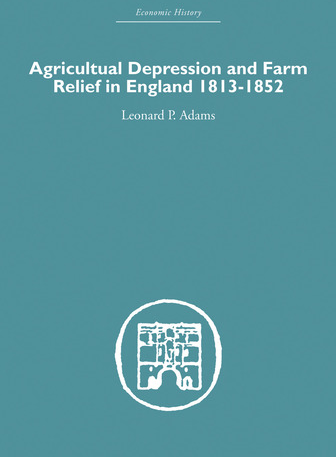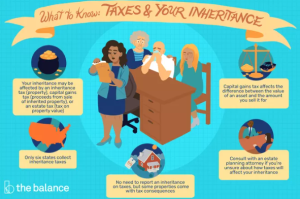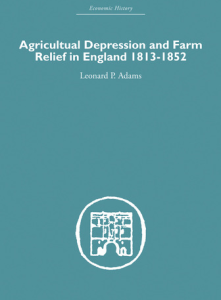Inheritance tax is levied on the estate of a deceased person, including property, money and possessions.
Normally no tax applies to an estate with a value of less than the £325,000 threshold, or if you leave everything above that amount to your spouse, civil partner, a community amateur sports club or charity.
If you have a home as a part of your estate and you give it to your children, including those who are adopted or fostered, your tax-free amount can increase to £450,000. The same rule applies if you give the property to any grandchildren. Your estate must be valued under £2m for this rule to apply.
There is normally no Inheritance Tax payable if you give away your home, move out and live for seven years.
Even if your estate is below the threshold, you will still have to report it to the HMRC.
Should your estate be valued at a sum below the threshold, and you are married or in a civil partnership, any unused sum below the threshold can be added to your spouse’s threshold if you pre-decease them, meaning their threshold could reach £900,000.
Advice
Whatever the size of your estate, you may like to seek legal advice. Wherever you are looking for Ascot Solicitors Parachute Law or any other solicitor practice, you will want to use a reliable firm due to its importance.
They will be able to explain the rates and how the tax is paid.
Currently the standard levy is 40%, charged on the value of the estate above the threshold. The estate can reduce the rate to 36% on some assets if you leave at least 10% of the net value of your estate to charity.
Reliefs
There are other reliefs and exemptions relating to gifts given before death, and these are subsequently taxed at a reducing rate below 40%. Other reliefs exist, including Business Relief and Agricultural Relief. You may need to seek advice on these either from a solicitor or the HMRC.
After death, funds from the estate are used to pay any tax due, and this will be done by the executor named in the will. Beneficiaries will not normally be taxed directly. Individuals who have received gifts during the estate holder’s lifetime may be taxed if the estate owner died within seven years of the gifts and gave away over £325,000.



